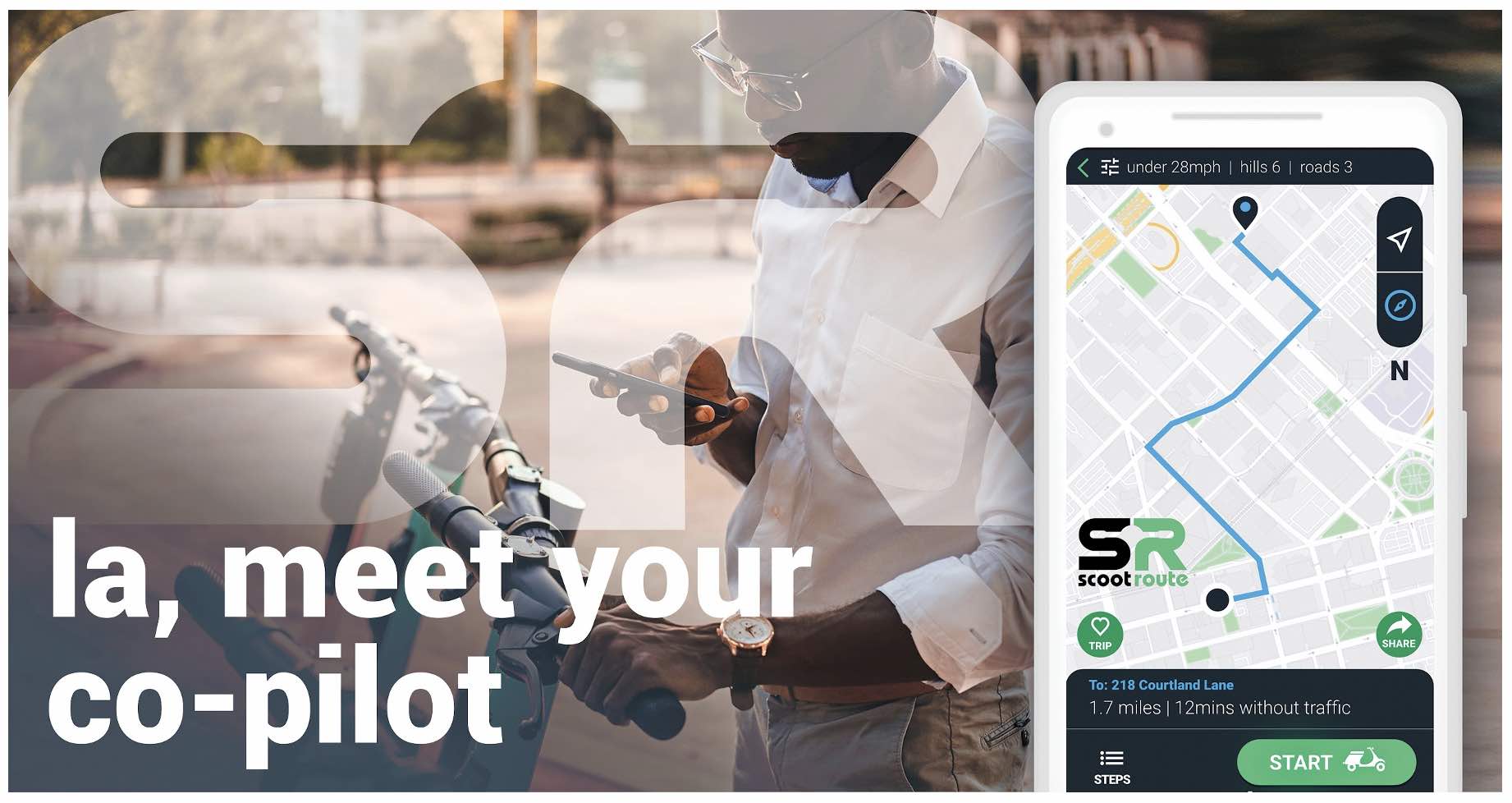
Micromobility, the use of small, lightweight vehicles such as electric bicycles, scooters, and skateboards, has recently seen a surge in popularity. This can be attributed to technological advancements that have made these vehicles more reliable, convenient, and affordable, as well as a growing awareness of their environmental and health benefits.
Commuters, in particular, have found these vehicles to be a convenient and efficient way to get around the city. However, as the use of these vehicles has increased, so too have concerns about their safety.
According to the National Highway Traffic Safety Administration (NHTSA), in 2020, 846 bicyclists were killed in crashes with motor vehicles in the United States. Additionally, in 2020, an estimated 57,000 bicyclists were injured in crashes with motor vehicles.
Bicyclist deaths have increased by 16% since 2010. This alarming trend highlights the need for safer roads and infrastructure for bike riders. However, it’s important to note that these numbers may be underreported as many bike-related crashes may not be reported to the police, meaning that the actual number of bicycle-related accidents and fatalities could be higher. Again, this highlights the need for increased safety measures for bike riders.
According to the Consumer Product Safety Commission, crashes involving micromobility devices have risen by 127% from 2017 to 2021. This is partly due to the high speeds at which some small electric vehicles can travel and the lack of protective barriers for the rider. Additionally, many micromobility riders do not wear helmets, which can increase the risk of head injuries in the event of a crash.
One of the most significant contributors to these statistics is the lack of safe routes for micromobility users. Many roads and streets are not designed with these vehicles in mind and often lack dedicated lanes for them or have poorly maintained infrastructure. This can make it difficult for riders to navigate and increases the risk of crashes with motor vehicles. In addition, many riders may not be aware of the rules of the road for bicyclists or may not feel comfortable riding on busy streets.
To reduce these risks, it is important for micromobility vehicle users to know and follow all applicable laws and regulations, wear protective gear, and operate their vehicles safely and responsibly. However, finding safe routes to travel can be a challenge.
The reliance on traditional navigation methods may seem like an obvious choice, but it can have dire consequences for micromobility riders. Standard map applications, often designed for cars and not lower-speed roads for bikes or scooters, may lead riders into areas not well-equipped for these modes of transportation, such as busy streets or freeways.
This highlights the importance of considering the unique needs of various modes of transportation and the need for technology that caters to those needs. It also raises broader questions about the inclusivity of our cities for different forms of transportation.
Meghan Braley, a long-time Vespa rider, set out to tackle the issue of micromobility safety head-on with the creation of ScootRoute, a smart navigational tool for micromobility vehicles that provides riders with real-time updates on safe routes and regulations to help them navigate the roads with confidence and safety.
ScootRoute combines mapping technologies to find the ideal route for every rider’s journey. The app updates constantly to keep pace with fast-changing local regulations and growing micromobility infrastructure. ScootRoute has intelligence on speed limits, bike lanes, parking zones, and more.
ScootRoute is a revolutionary app that can help riders find the right route, whether they have been riding in the same city for years or are in a new town and don’t know their way around. In addition, it highlights the importance of technology in shaping urban mobility and how it can be used to make our cities more accessible and sustainable for all. To learn more about ScootRoute, visit scootroute.com.
Advertising disclosure: We may receive compensation for some of the links in our stories. Thank you for supporting LA Weekly and our advertisers.
